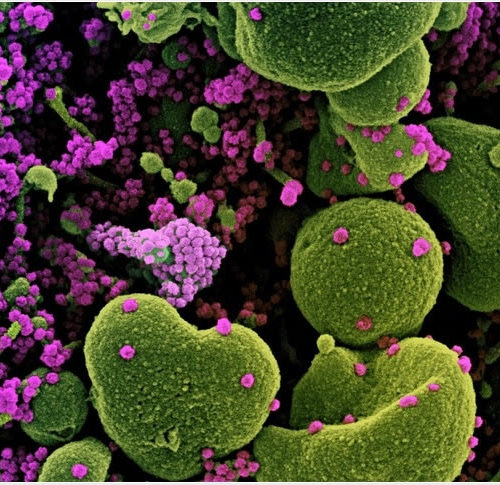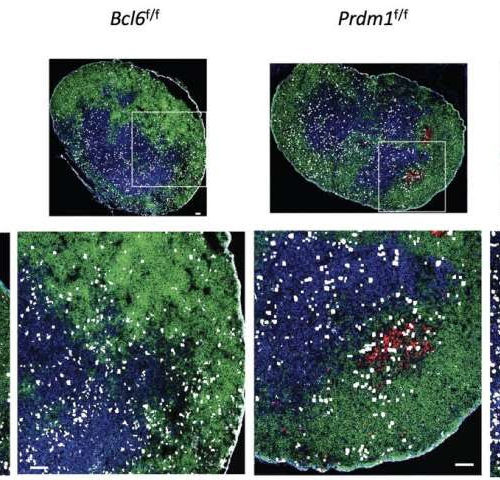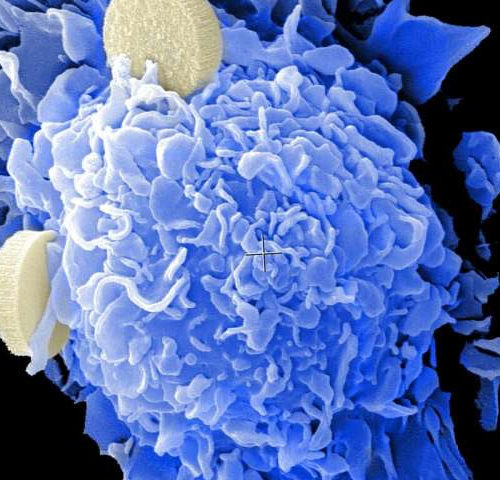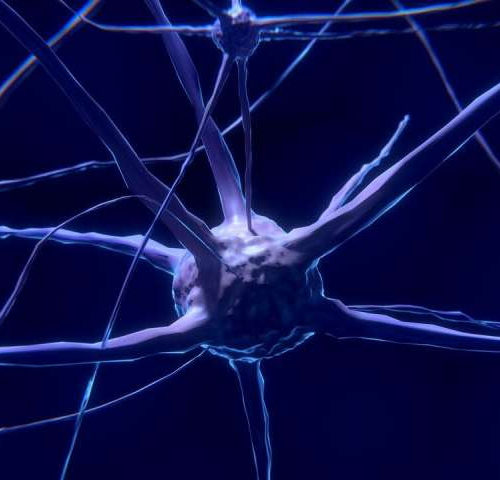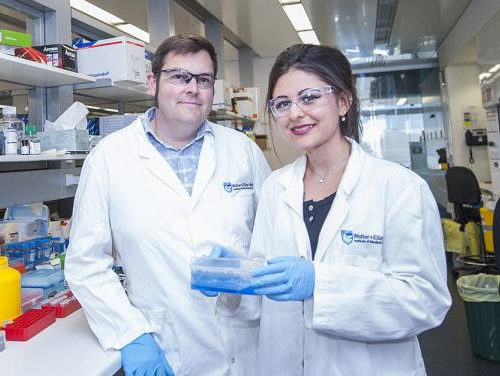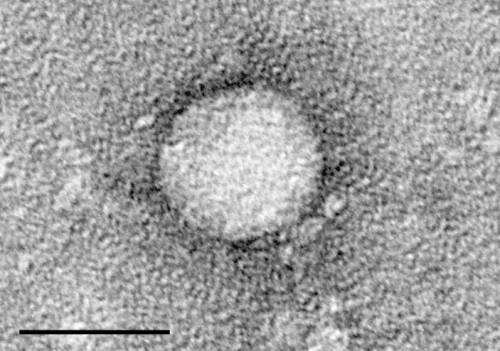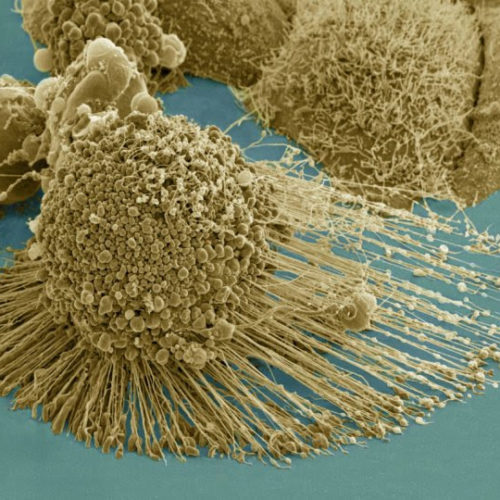By Dr. Liji Thomas, MD The current COVID-19 pandemic demonstrates the vast unknown of virology, which continues to challenge the ability of humanity to remain healthy when faced with pathogens. While most known microbes have restricted affinity for specific species, continuing to adapt with the host species, the severe acute respiratory syndrome coronavirus 2 (SARS-CoV-2)...
Tag: <span>Protein</span>
Scientists investigate a powerful protein behind antibody development
become T follicular helper cells (Tfh cells, shown in blue), which work with B cells (shown in green) to produce powerful antibodies. Activated B cells give rise germinal centers (shown in red), where mature B cells proliferate and produce highly specific antibodies against pathogens. Bcl6 blocks the expression of two proteins that normally stop Tfh...
Research uncovers clues in use of immunotherapy for breast cancer
by University of Cincinnati UC researchers have found a potential new combination therapy for breast cancer that would integrate use of the body’s immune system with targeted treatment for a particular protein that advances cancer. The study, published in the journal Cancer Research, a journal of the American Association for Cancer Research, provides data that...
Scientists uncover new genetic mutations linked to autism spectrum disorder
by Sanford Burnham Prebys Medical Discovery Institute Scientists at Sanford Burnham Prebys Medical Discovery Institute and Radboud University Medical Center in the Netherlands have identified mutations in a gene called CNOT1 that affect brain development and impair memory and learning. The study is the first to link neurodevelopmental delays with CNOT1, suggesting that drugs that...
Lump in groin: Causes, treatment, and more
The groin is the area of the pelvis where the genitals are located. It extends up from there to the hip. There are many potential causes of a lump in this area. Some are relatively benign, while others can be much more serious. The groin contains numerous muscles, ligaments, blood vessels, and nerves. As a...
Squid studies illuminate neural dysfunction in ALS; suggest new route to therapy
CREDIT: DANIEL COJANU WOODS HOLE, Mass. — Amyotrophic lateral sclerosis (ALS) is one of the most devastating adult-onset neurodegenerative diseases. Patients, including the late actor/playwright Sam Shepard, become progressively weaker and eventually paralyzed as their motor neurons degenerate and die. To find a cure for ALS, which is fatal, scientists need a deeper understanding of...
Blood sample can be used to assess the severity and prognosis of frontotemporal lobar degeneration in the future
by University of Eastern Finland Biomarkers to support the diagnosis of frontotemporal lobar degeneration (FTLD) and to assess the severity and expected prognosis of the disease are needed. Neurofilament light chain (NfL) measured from a blood sample strongly correlates with the duration of the disease in FTLD patients and the rate of brain atrophy, according...
New structural ‘map’ solves mysteries of gigantic gene regulator
WALTER AND ELIZA HALL INSTITUTE Structural biology has been used to ‘map’ part of a protein called SMCHD1, explaining how some changes in SMCHD1 cause certain developmental and degenerative conditions. Publishing in the journal Science Signaling, the Walter and Eliza Hall Institute team revealed the structure of the portion of the SMCHD1 protein that is...
Virus co-opts immune protein to avoid antiviral defences
by eLife Electron micrographs of hepatitis C virus purified from cell culture. Scale bar is 50 nanometers. Credit: Center for the Study of Hepatitis C, The Rockefeller University. By discovering a trick the hepatitis C virus uses to evade the immune system, scientists have identified a new antiviral defense system that could be used to...
Cancer cells adapt to lack of key nutrient, posing potential problems for drugmakers
Cancer can adapt its metabolism in a way that could overcome lipid-focused therapies being developed by drug companies, a University of Toronto study has found. “Several clinical trials have failed because metabolism is such an adaptive process by which cancer cells gain drug resistance,” says Michael Aregger, a co-lead author and research associate who is...

